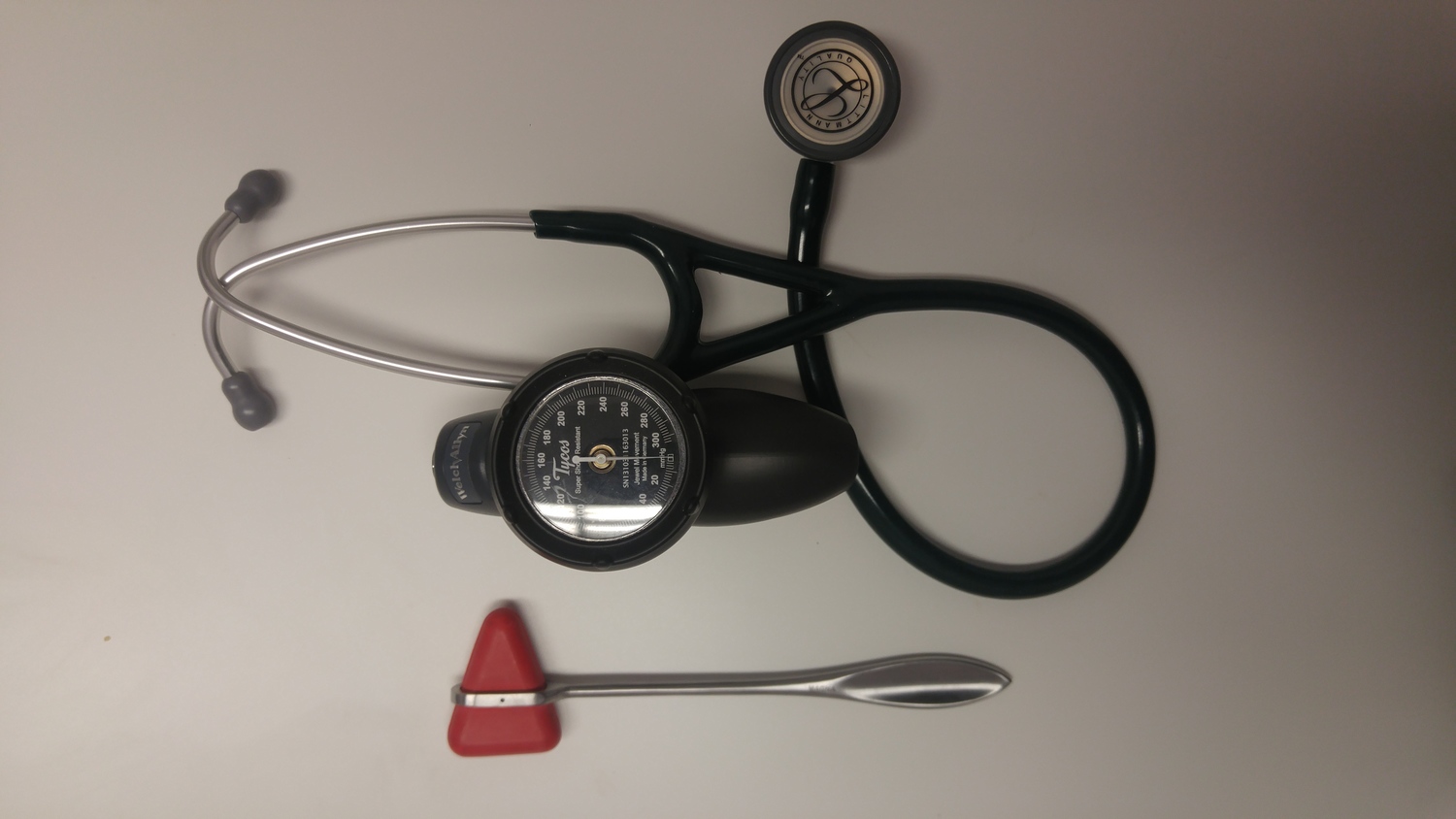Neuropathy and Hypothyroidism
November 10, 2017 in General
By: Dr. Kyle Etwaroo, Chiropractor
Although the majority of my patients deal with mechanical based pain, stemming for either muscles, ligaments or joints, there are times when examination requires the study of the nervous system and its function peripherally. Neuropathies are problems with the peripheral nerves (nerves outside the spinal cord) in your body, which can lead to decreased sensation, numbness, vibration, and even loss of strength in certain places. Some neuropathies are the result of muscles or structures in the body entrapping a nerve leading to neuropathic symptoms, but it can also be due to systemic issues that have been present for quite some time. Most people will know that long standing diabetes that remains unmanaged can lead to neuropathies in patients, especially into the hands and feet. Another condition that can go generally undiagnosed but relatable in both neuropathies and diabetes is hypothyroidism. Some symptoms of hypothyroidism are:
- Lethargy, fatigue, sleepiness
- Muscle stiffness
- Cold intolerance
- Weight gain (due to decreased metabolic rate)
- hair thinning
- Decreased pulse and high blood pressure
- Edema in the heart and lower extremities
The last point is of importance. The edema build up in extremities such as the hands and feet is often the result of neuropathies in this condition, where the fluid causes pressure build up on the nerves leading in neuropathic symptoms. Most studies have shown a mild correlation with hypothyroid patients and the neuropathic symptoms of carpal tunnel syndrome, but it is not limited to the arms and wrist if expressed. Many of these symptoms listed above are also be found in patients with long standing diabetes like the weight gain and edema, which can prove problematic in determining what condition could be attributing to the neuropathy. Therefore in all clinical scenarios with neuropathic pain, there needs to be a firm understanding on the cause of the symptoms, whether it be mechanical or systemic in nature in order to refer to the proper practitioner for treatment. While diabetes can likely be the culprit in systemic cases, there’s no harm in asking a GP to Check your thyroid hormone levels, especially if you’re are not responding to conservative management. Even if you suspect hypothyroid symptoms, neuropathic problems often don’t appear in subclinical cases (where the hormone is just above average), therefore coming to follow up and taking proper physicals are always of importance in order to keep you in good health.
References:
DynaMed Database
Shiri, R 2014- Hypothyroidism and Carpal Tunnel Syndrome: A Meta-Analysis
Jallilzadeh et al. 2006- Peripheral Nerve Function in Subclinical Hypothyroidism: A Case-Control Study





